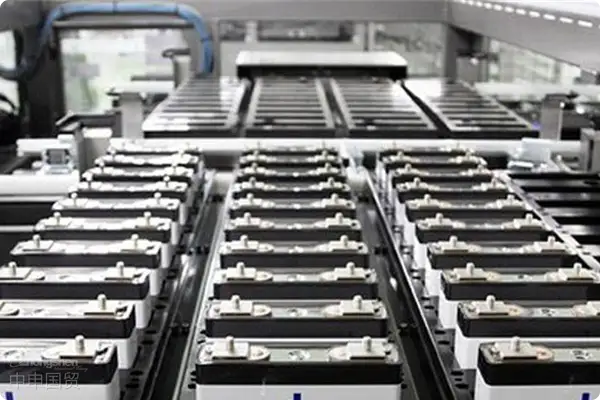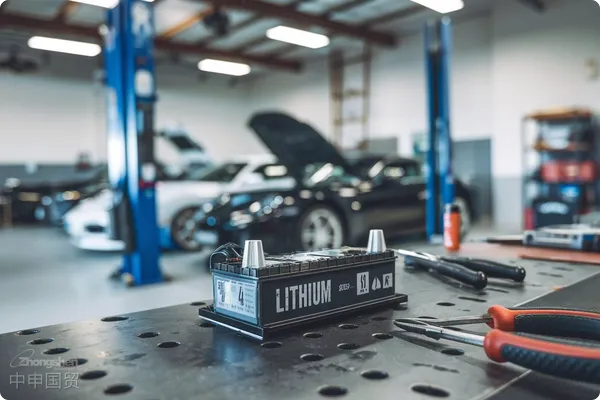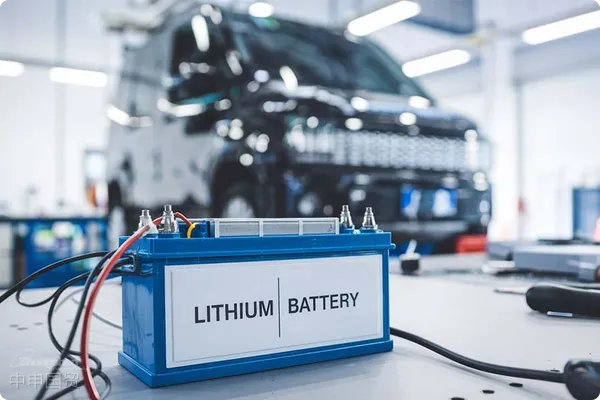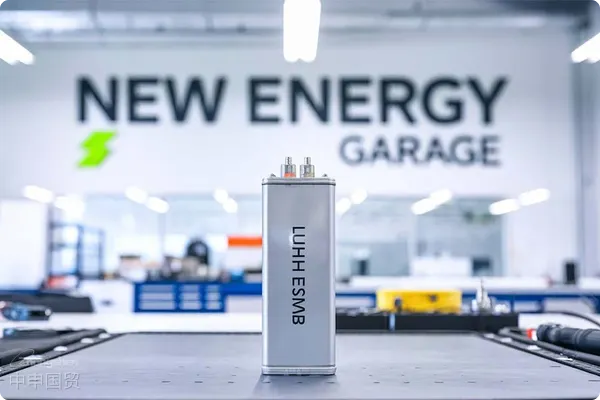- Shanghai Zhongshen International Trade Co., Ltd. - Two decades of trade agency expertise.
- Service Hotline: 139 1787 2118
As an indispensable energy tool in modern life, the production, use, and export of batteries involve multiple regulations and standards. The following is a detailed introduction to the basic knowledge, legal and regulatory requirements, and export supervision requirements of lithium - ion batteries.

I. Basic Knowledge of Lithium - ion Batteries
(1) Lithium - ion batteries can be classified according to their working principles into
a) Lithium metal batteries: This type of battery uses manganese dioxide as the positive electrode material, while metallic lithium or its alloy is used as the negative electrode material.
b) Lithium - ion batteries: This type of battery uses lithium - alloy metal oxide as the positive electrode material, while graphite is used as the negative electrode material.
(2) According to the United Nations numbers, lithium - ion batteries can be divided into three major categories
a) Lithium - ion batteries transported separately: This includes UN3090 (for lithium - metal batteries) and UN3480 (for lithium - ion batteries).
b) Lithium - ion batteries transported separately: This includes UN3090 (for lithium - metal batteries) and UN3480 (for lithium - ion batteries).
c) Vehicles Driven by Lithium - ion Batteries: Such as electric vehicles and electric bicycles, with numbers like UN3171, UN3556, UN3557, etc.
II. Legal and Regulatory Requirements
(1) International Regulatory Requirements: It covers international freight regulations such as TDG, IMDG Code, ICAO - TI, etc. These regulations clearly state that lithium - ion batteries belong to Class 9 dangerous goods and put forward specific requirements for their packaging, labeling, transportation, and storage.
(2) Domestic Laws and Regulations: According to the Law of the Peoples Republic of China on Commodity Inspection, lithium - ion battery packaging manufacturers need to apply to the local customs for inspection of the performance of dangerous goods packaging before export and obtain the Dangerous Goods Packing Certificate.import and exportAlthough the Dangerous Goods Packing Certificate is an important document for the export of lithium - ion batteries, it can be exempted in some cases.
III. Export Supervision Requirements for Lithium - ion Batteries
a) Lithium - ion batteries in vehicles such as electric vehicles and electric bicycles.
(1) The conditions for exempting the Dangerous Goods Packing Certificate include
b) Lithium - ion batteries with a rated capacity or lithium content less than a certain specific value.
a) The port customs verifies the Dangerous Goods Packing Certificate issued by the local customs.
(2) The port supervision requirements for the export of lithium - ion batteries include
b) Common violations that need to be noted include failure to apply for the Dangerous Goods Packing Certificate as required, or the lithium - ion battery markings on the outer packaging being covered.
Does Article (h) of TDG Special Provision 188 include the weight of the equipment?
Regarding some common questions and answers in the transportation of lithium - ion batteries
Issues of Lithium - ion Battery Transportation Labels and Packaging
Can the lithium - ion battery transportation label be printed on A4 paper by oneself?
It is not recommended to print on A4 paper as it is prone to damage or detachment. Especially inMaritime Transportation2., the transportation label is required to remain clearly visible after being immersed in seawater for more than 3 months.
According to the label regulations in 5.2.2.2 of Volume II of the United Nations Recommendations on the Transport of Dangerous Goods - Model Regulations, if the label is affixed to a contrasting background color, there is no need to mark the outer edge with a dotted line.
Regulatory Requirements for Lithium - ion Battery Transportation
If lithium - ion batteries meet the transportation conditions for general goods, is it necessary to affix transportation labels?
Although if a lithium - ion battery pack complies with the exemption clause 188, it means that it does not need to be transported in dangerous goods packaging, the goods themselves still belong to dangerous goods. Therefore, it is recommended to check the dangerous goods option when declaring through the single - window system.
Other Lithium - ion Battery Transportation Issues
For energy storage cabinet - type goods containing lithium - ion batteries, since there is no outer packaging, they do not fall within the scope of dangerous goods packaging inspection. Therefore, there is no need to submit materials to the customs to apply for the inspection for the use of dangerous goods packaging.
Imported lithium - ion batteries do not require the implementation of dangerous goods packaging inspection.
Exported lithium - ion batteries should meet the requirements of corresponding international transportation rules according to their transportation methods. If the products meet the corresponding conditions, they can all apply the exemption clauses.
For enterprises involved in the production and export of lithium - ion batteries, it is crucial to have an in - depth understanding of the above knowledge and requirements to ensure the smooth progress of production and export activities.
Related Recommendations
Contact Form
Category case
Contact Us
Email: service@sh-zhongshen.com
Related Recommendations
Contact via WeChat

? 2025. All Rights Reserved. 滬ICP備2023007705號-2  PSB Record: Shanghai No.31011502009912
PSB Record: Shanghai No.31011502009912








